This section covers questions related to intimate partner violence, being outed and more!
This section covers questions related to intimate partner violence, being outed and more!
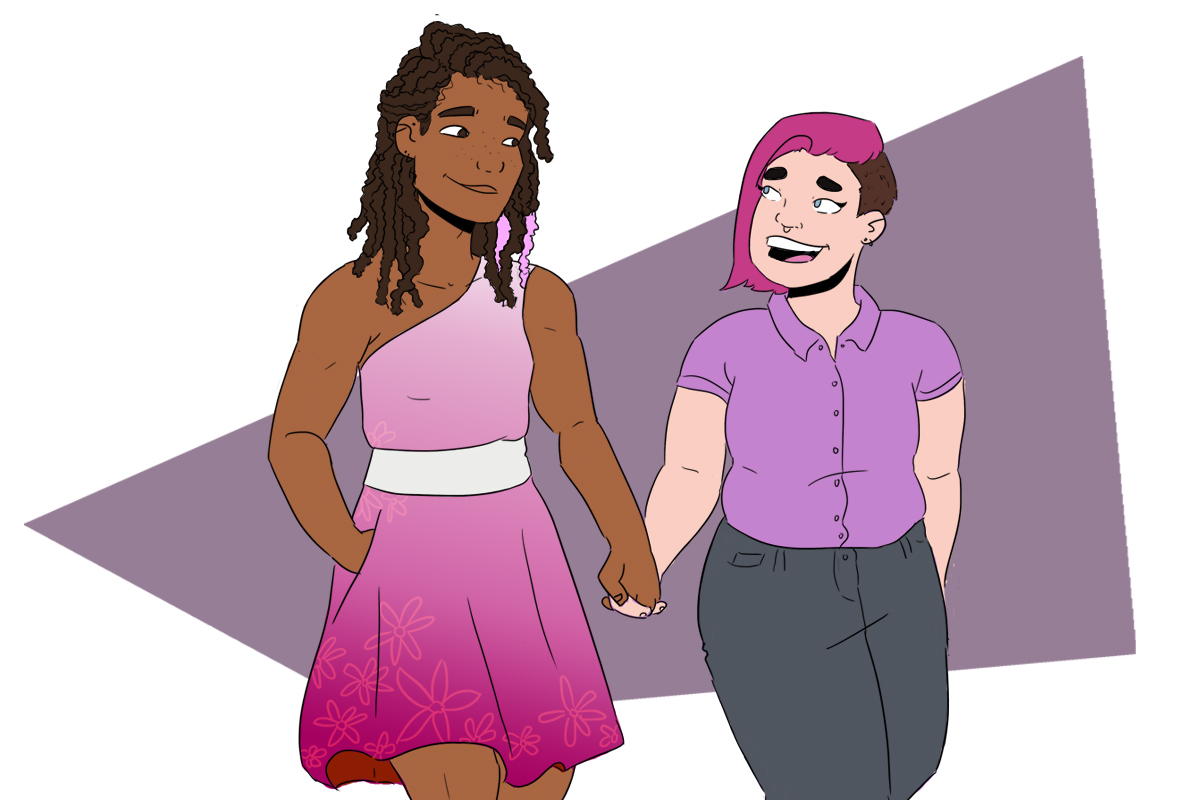
If you are experiencing issues in your intimate relationships, it is important for you to know that there are certain rights and support services available to you to help you work through those issues. We outline some of these below.
Is it unlawful to be outed by your partner or friends?
The Courts have recognised limited rights of privacy. Generally, it is unlawful to publicise information where publicity would be considered highly offensive. This could include the publicity of a person's sexual orientation or gender identity. Not all publicity will be unlawful (for example where the information is already clearly public) but where information is known only by a very small number of people and where the information is highly sensitive, this might be considered highly offensive.
Also, where a person shares information such as sexual orientation or gender identity with someone with the obligation that they won't share that information with someone else, the sharing of that information without consent could be considered unlawful. Again, this will not be the case where the information is already public.
To enforce rights of privacy and confidentiality, it is necessary to go to court and seek damages or an injunction. This can be a costly and time-consuming process and it’s best to reach out to your local community law centre, like YouthLaw to seek advice.
If you need further support around the impact of being outed, consider reaching out to RainbowYOUTH or rainbow groups in your area.
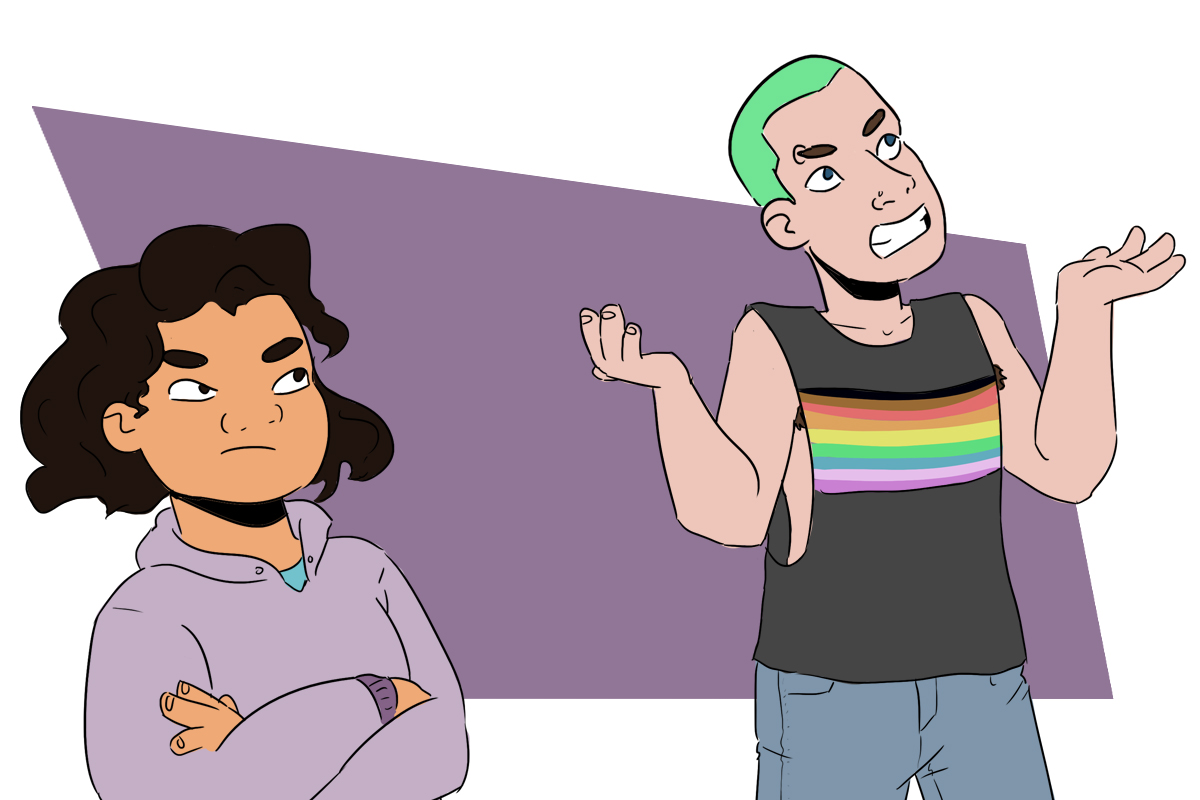
Is physical or emotional abuse by your partner(s) or former partner(s) illegal?
It is a crime for a person to physically assault anyone, including someone they are or were in a relationship with. If you are in such a situation, you should contact the Police immediately by dialling 111.
A person can apply to the Court for a protection order if they are in a domestic relationship with another person (or were previously) and the person is, or has been, subjected to domestic violence from that other person (being physical, sexual or psychological abuse). Psychological abuse can include intimidation, threats or financial abuse. A protection order can include non-contact conditions.
Police can also issue a Police Safety Order where they have a reasonable belief that domestic violence has occurred or may occur. The order can last up to five days. Such an order can require a person not to assault, harass, threaten, approach or contact an individual.
You could also reach out for help and support from a local organisation that supports survivors of domestic abuse. Take a look at the ‘where to get help’ section at the bottom of the page for a list of organisations.
Can I take leave from work to deal with same-sex domestic violence?
Changes to the law which come into effect on 1 April 2019 will mean that employees will be entitled to take up to 10 days' domestic violence leave per year in order to deal with the effects of domestic violence.
Until this law comes into effect, there are no specific leave entitlements for employees to deal with the effects of domestic violence. However, employees are entitled to request to take annual leave, or where you are sick or injured, take sick leave.
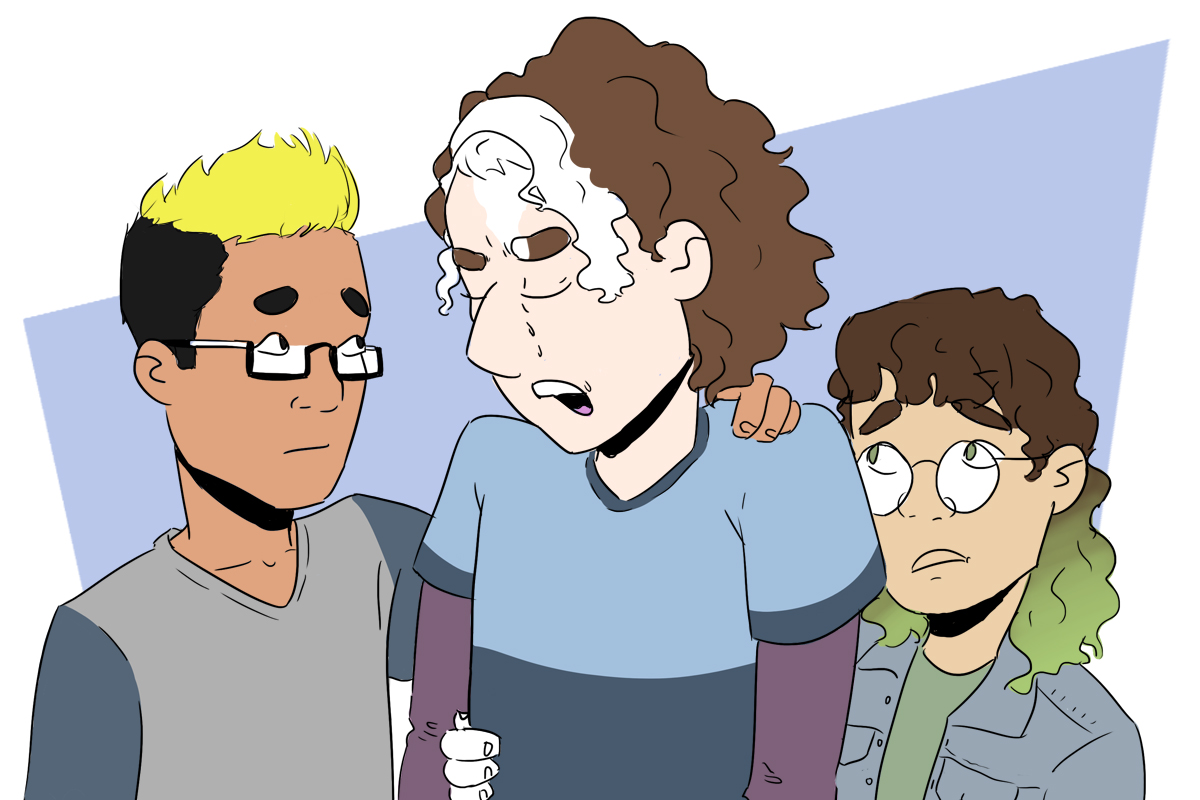
Where to go for further support
There are a number of services available to individuals who are experiencing difficulties with relationships. A description of the services available to you and their contact details are outlined below:
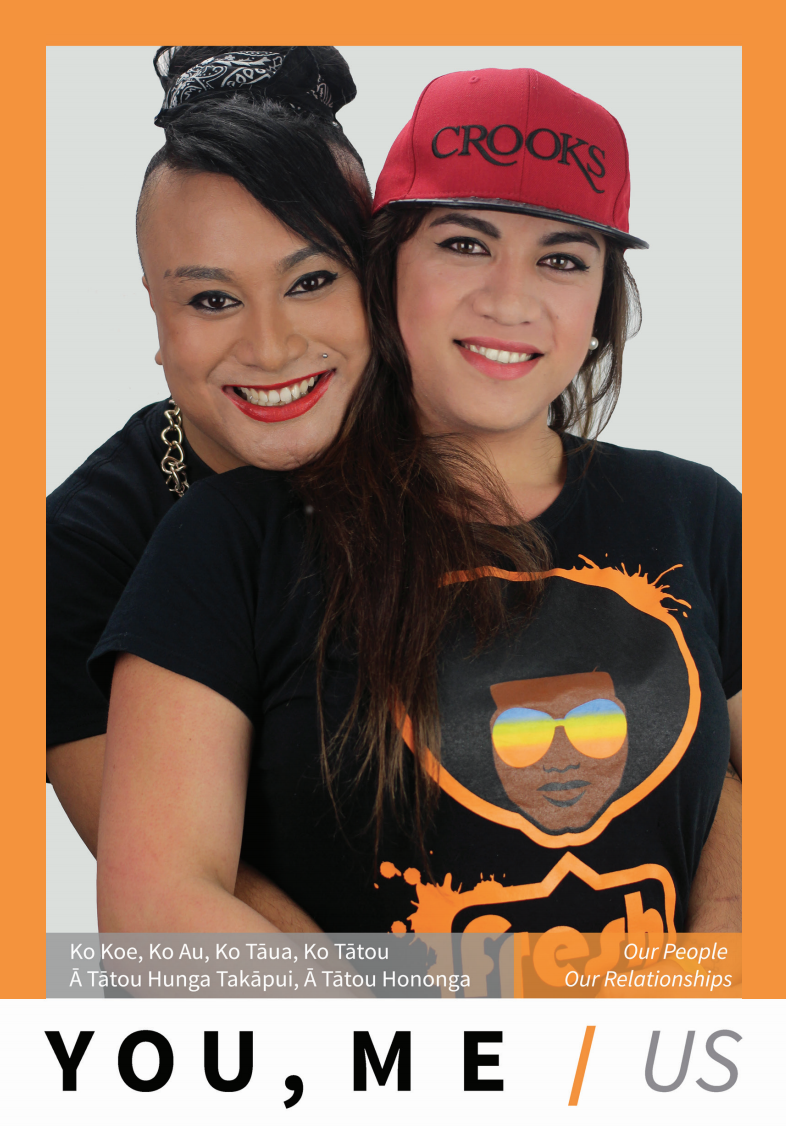 |
Resource: You, Me, Us – A RainbowYOUTH resource based on healthy relationships for queer and gender diverse people. Visit the resource website: http://www.youmeus.co.nz/ |
 |
Find Support (ACC) – helping you access ACC-funded support following sexual abuse or assault, in your time, on your terms. Search by therapists for experience working with LGBTI communities. www.findsupport.co.nz |
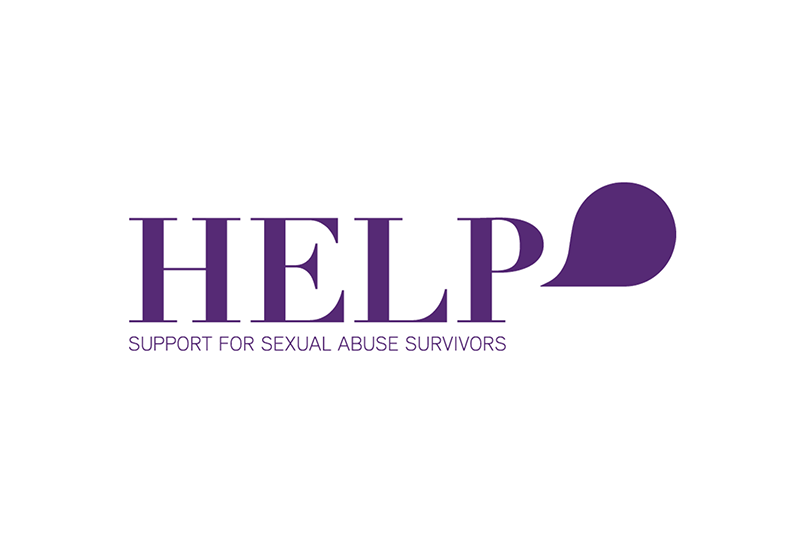 |
HELP Auckland & Wellington – provides support for survivors of sexual violence – if you need to make a report to the police, get help to manage the fallout, or just talk about what happened. Auckland: 09 623 1700 (24 hours every day), www.helpauckland.org.nz Wellington: 04 499 7532 (24 hours every day), www.helpwellington.org.nz |
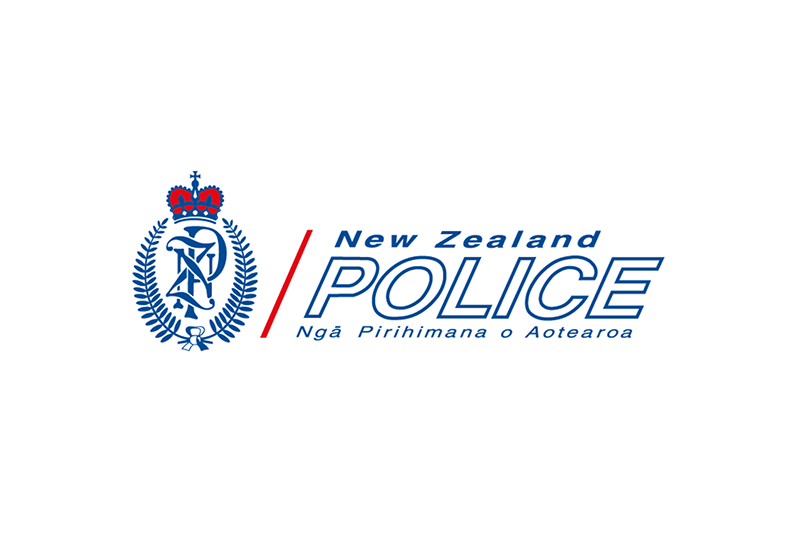 |
New Zealand Police – if you are experiencing abuse from your partner or former partner, dial 111 to report this behaviour to the Police. |
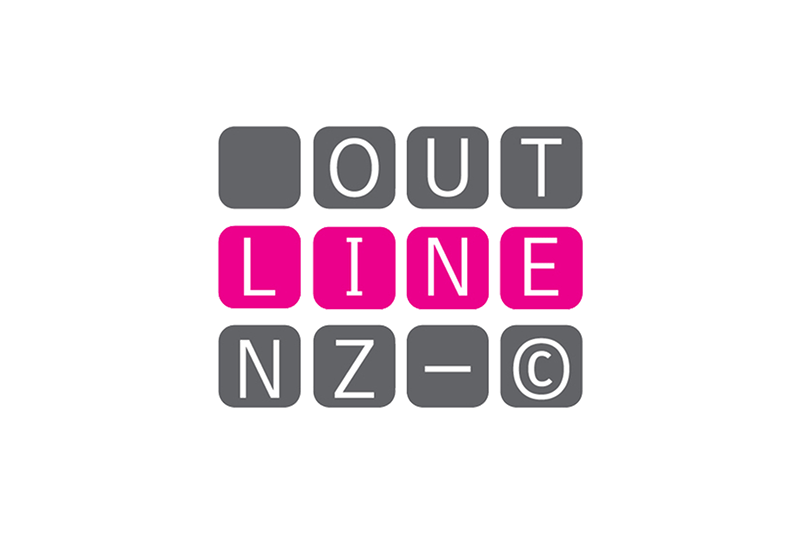 |
OUTLine – volunteers welcome your call to discuss topics around sexuality, gender identity and diverse sex characteristics. They can help you find sources of trusted information, connection to community or peers, and medical or mental health services that welcome LGBTIQ+ people. 0800 688 5463 www.outline.org.nz |
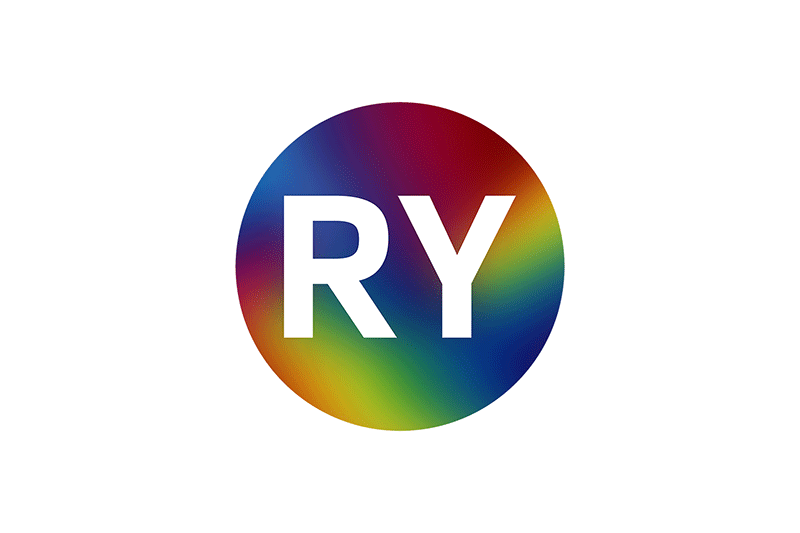 |
RainbowYOUTH – provides free services and support to queer and gender diverse youth. RainbowYOUTH can also refer you to other services which may be more applicable to your situation. For more information, see www.ry.org.nz, or contact RainbowYOUTH on 09 376 4155 or info@ry.org.nz. |
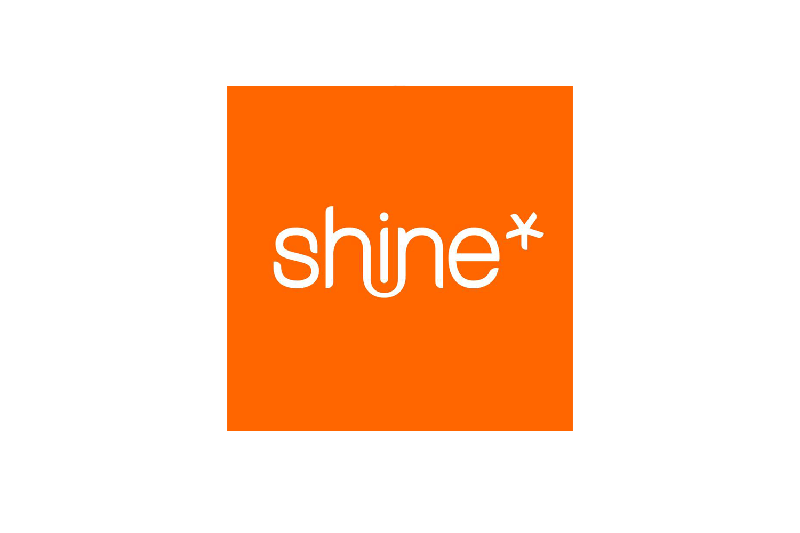 |
Shine (Te Kakano Tumanako) – a national domestic abuse charity making homes violence free. 0508 7440633 (9am – 11pm, 7 days) www.2shine.org.nz |
 |
Shakti – a not-for-profit community organisation working in the areas of women’s development, empowerment and domestic/family violence intervention, prevention and awareness. They provide culturally competent support services for women and children of Asian, African and Middle Eastern origin. 0800 SHAKTI (24 hours everyday) www.shakti-international.org/shakti-nz/ |
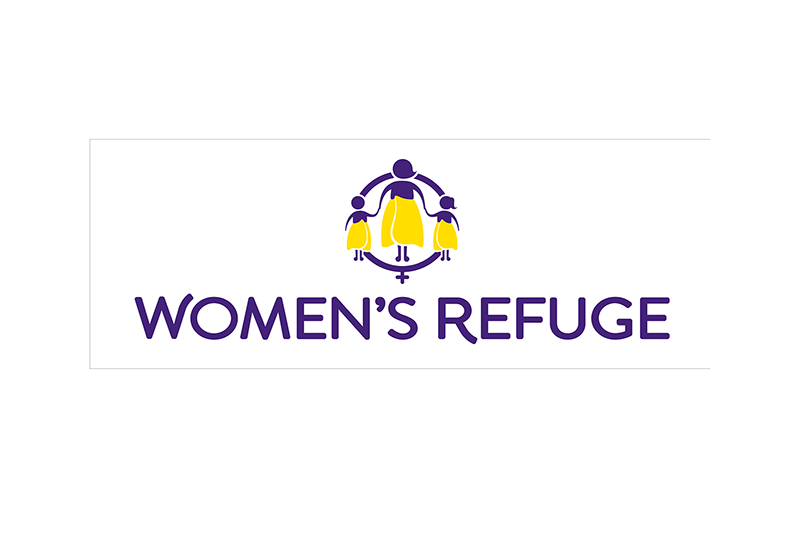 |
Women’s Refuge – if you are living in fear in your relationship or in your family, or know someone who is, you can get help right now. Women’s Refuge offers all women in New Zealand and their children free advice, emergency accommodation and confidential advocacy services provided by women. 0800 REFUGE (733 843) (24 hours every day) www.womensrefuge.org.nz |
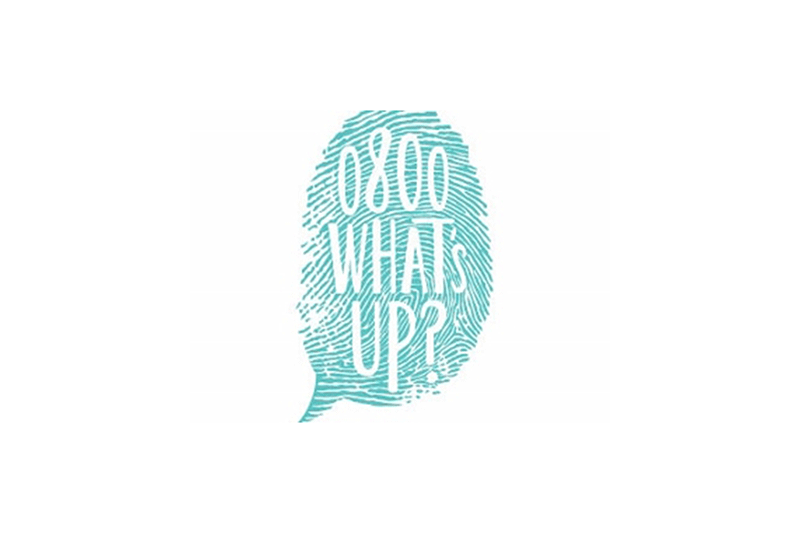 |
Whats Up? – provides a free, nationally available counselling helpline for children and teenagers. These services can be accessed by calling 0800 942 8787 (WHATSUP) or visiting www.whatsup.co.nz. |
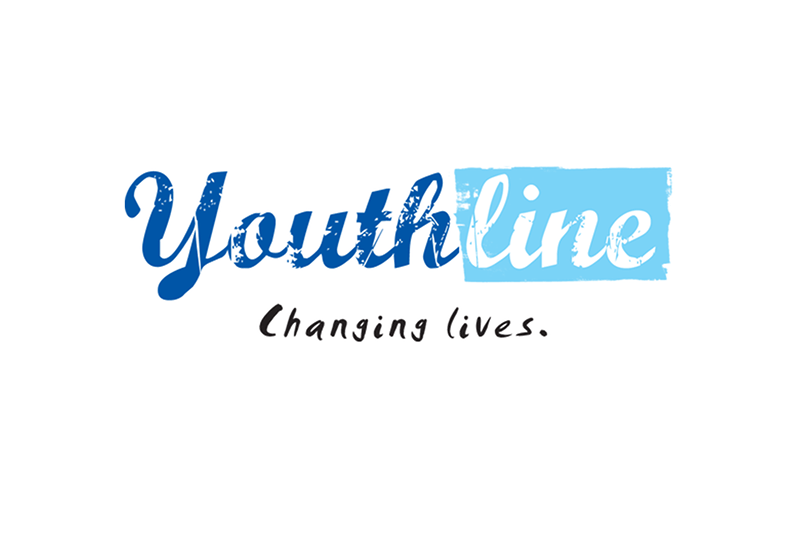 |
Youthline – provides advice and support to young people, including counselling and mentoring services. These services can be accessed by calling 0800 376 633 or visiting www.youthline.co.nz. |
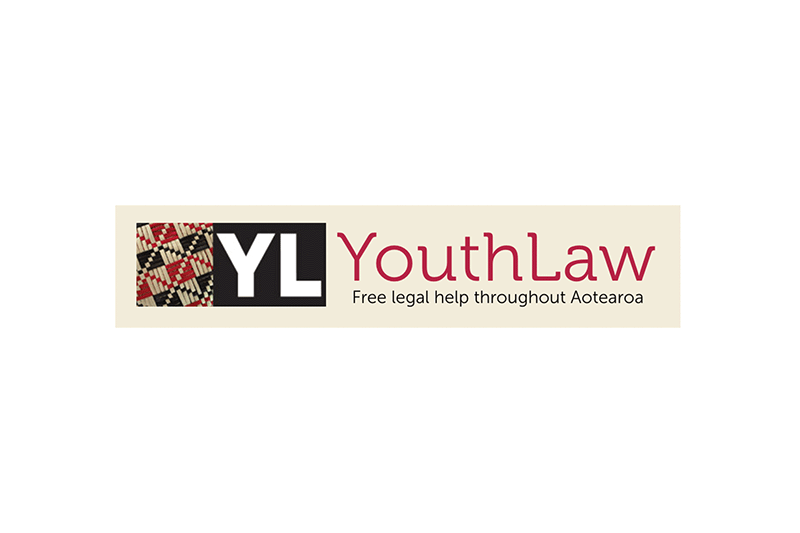 |
YouthLaw – provides free legal help for people under 25 regarding a range of legal issues, including employment issues. For more information, see www.youthlaw.co.nz, or contact YouthLaw on 0800 884 529 or nzyouthlaw@gmail.com. |
